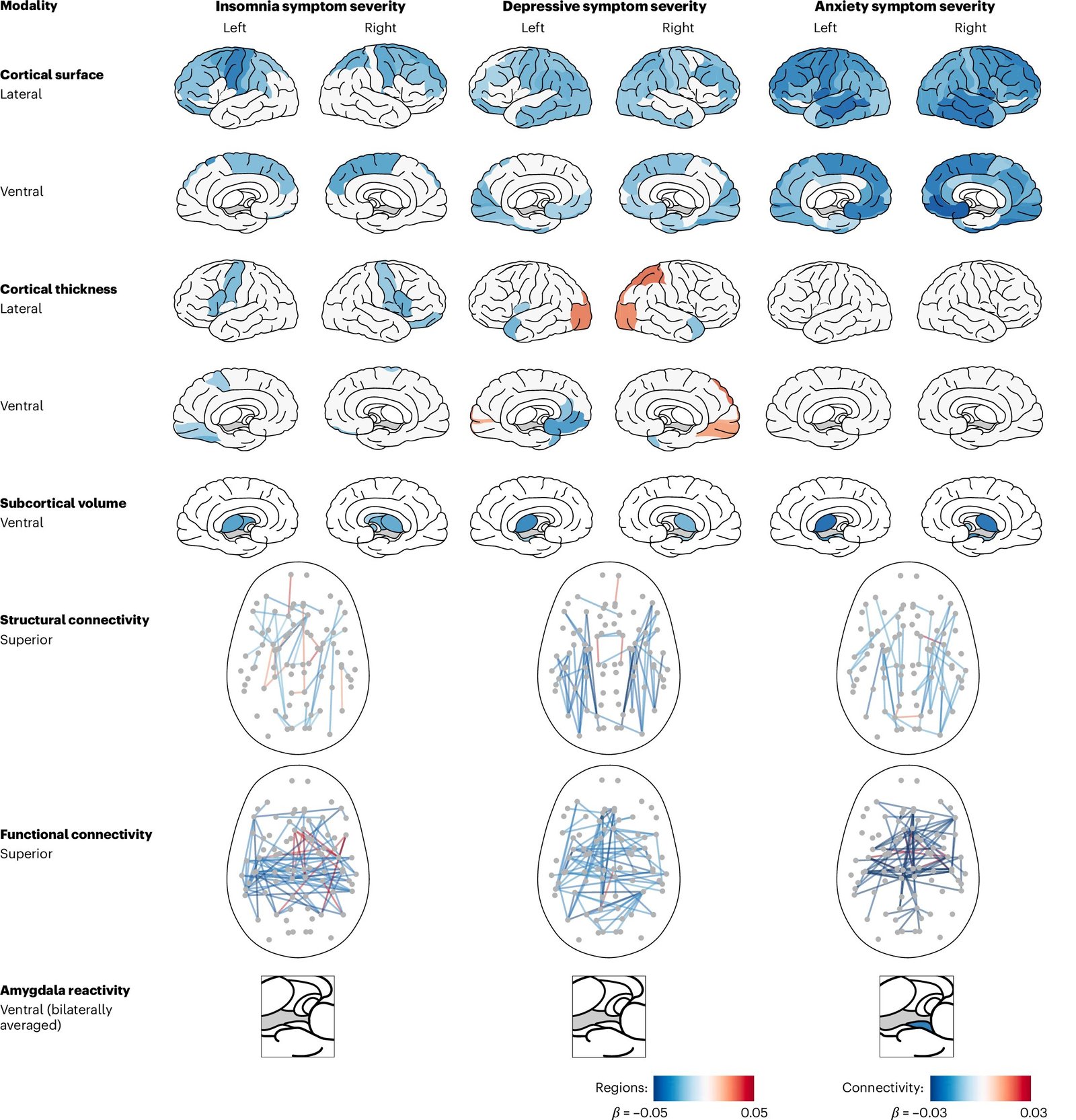A recent study from the A.J. Drexel Autism Institute highlights a troubling association between autism and various health challenges, including an increased risk of obesity and post-traumatic stress disorder (PTSD) among autistic adolescents and young adults. Published on June 4, 2025, this research sheds light on critical health issues affecting individuals on the autism spectrum.
The study analyzed data from a diverse group of autistic adolescents and young adults, revealing that these individuals are more likely to experience obesity and PTSD compared to their neurotypical peers. Specifically, findings indicate that approximately 30% of autistic individuals in the study were classified as obese, a figure significantly higher than the national average of 18.5% for adolescents.
Moreover, the prevalence of PTSD among this population was reported to be nearly double that of the general population. Researchers found that around 25% of autistic participants met the criteria for PTSD, a stark contrast to the 10% prevalence found in non-autistic adolescents. These findings underscore the urgent need for targeted interventions that address not only the mental health of autistic individuals but also their physical health, as obesity can lead to long-term complications such as diabetes and heart disease.
This research was featured in a May 27 article in The Transmitter, which discussed other notable autism-related publications. The findings call for heightened awareness and tailored health strategies that support the well-being of autistic youth, emphasizing the importance of early identification and treatment of both mental health disorders and obesity.
As autism research continues to evolve, the implications of this study may influence how healthcare providers approach the treatment of autistic adolescents and young adults, encouraging a more integrated model that considers both psychological and physical health outcomes.


